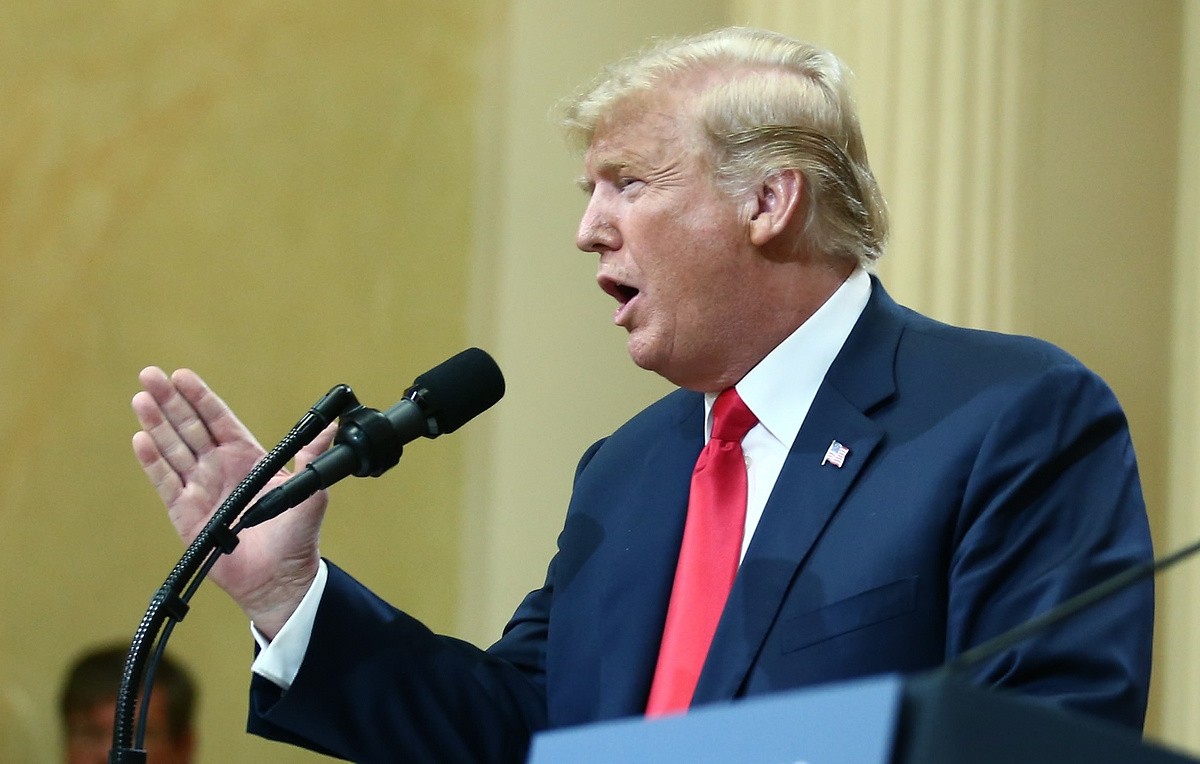US may quit the INF treaty
October 21, 2018 | Expert Insights

National Security Advisor John Bolton is pushing the Trump administration to withdraw from landmark Intermediate-Range Nuclear Forces Treaty (INF) amid rising tensions with Russia and China.
The INF treaty was signed in the late 1980s and limits the deployment of intermediate-range ballistic missiles between the US and Russia (formerly USSR).
Background
The Intermediate-Range Nuclear Forces Treaty (INF Treaty) is the abbreviated name of the Treaty Between the United States of America and the Union of Soviet Socialist Republics on the Elimination of Their Intermediate-Range and Shorter-Range Missiles, a 1987 agreement between the United States and the Soviet Union (and later its successor states, in particular the Russian Federation). Signed in Washington, D.C. by President Ronald Reagan and General Secretary Mikhail Gorbachev on 8 December 1987, the treaty was ratified by the United States Senate on 27 May 1988 and came into force on 1 June 1988.
The INF Treaty eliminated all nuclear and conventional missiles, as well as their launchers, with ranges of 500–1,000 kilometres (310–620 mi) (short-range) and 1,000–5,500 km (620–3,420 mi) (intermediate-range). The treaty did not cover sea-launched missiles. By May 1991, 2,692 missiles were eliminated, followed by 10 years of on-site verification inspections.
Analysis
The Trump administration has told U.S. allies that it wants to withdraw from the landmark Reagan-era Intermediate-range Nuclear Forces Treaty or INF, and plans to inform Russian leaders of its position in the coming days, said foreign diplomats and other people familiar with the deliberations.
The planning is the brainchild of Trump’s hawkish national security adviser, John Bolton, who has told U.S. allies he believes the INF puts Washington in an “excessively weak position” against Russia “and more importantly China,” said a diplomat who spoke on the condition of anonymity to discuss the sensitive issue.
For years, the United States has expressed concern that Russia is violating the INF with a ground-launch cruise missile known as the SSC-8. Russia, in turn, has accused the United States of violating the treaty with missile-defence installations in Europe — an accusation that U.S. officials deny.
Officials say that Washington has made no final decision to withdraw from the treaty, which would require a formal six-month notification, but that U.S. officials plan to signal the administration’s intent as Bolton heads to Moscow for talks with Russian officials.
Defense Secretary Jim Mattis, speaking at NATO headquarters earlier this month, signalled that the United States would not put up with the status quo for long. The INF Treaty was seen as a high point in Cold War arms-control negotiations. The main impetus for the pact was Moscow’s deployments of the SS-20 — a mobile, concealable missile that could loft up to three nuclear warheads. When lifted into a vertical position atop its mobile launcher, the missile stood more than five stories high.
It terrified the Europeans, and the treaty emerged as a compromise proposal at the historic 1986 summit meeting in Reykjavik, Iceland, where Mr Gorbachev favoured a ban on all ballistic missiles. Reagan demurred, intent on continuing work on the Strategic Defense Initiative, which he viewed as a shield against all attacks.
At the end of the Obama administration, officials sought to use the dispute-resolution mechanism within the treaty to resolve the disagreement, but to no avail. The Trump administration has taken a more muscular approach. In an effort to step up pressure on Moscow, the Pentagon has begun research and development into a missile banned under the INF that the United States could test, produce and deploy upon the collapse of the treaty. Research and development are not prohibited by the pact.
Bolton’s plans signal that his National Security Council intends to unravel international accords that it views as a constraint on American power, particularly if others are violating them.
Assessment
Our assessment is that the US may consider withdrawing from this cold war initiative, as it feels that the Russians are not abiding by the INF treaty since 2014 and that the Chinese are stockpiling missiles because they are not regulated by this accord. We believe that this could trigger a new arms race in Europe and elsewhere. We also believe that this move is a counter Putin’s recent decision to deploy their new hypersonic cruise missiles to intimidate European nations and former Soviet states that have aligned with the West.
We understand that the Pentagon is developing nuclear weapons to match what the Chinese have deployed, including its non - nuclear Tomahawk missiles, and station them in Japan or Guam, where the US maintains a large base.
Read more:








Comments